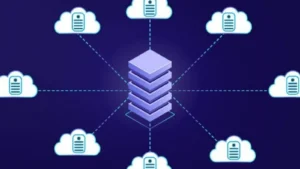Self Help Guide on how to protect yourself from Cyber Attack

A virtual private network, or VPN, is a piece of software that safeguards your internet information. It achieves this by concealing the IP address of your device, encrypting your data, and sending it across secure networks. You can access the internet safely and secretly with a VPN. To choose the VPN that best meets your needs, use an online VPN comparison tool.
Use capital and lowercase letters, numbers, and special characters to create secure passwords. Consider the length as well. If you can maintain it between 12 and 15 characters, a longer password is typically preferable to one that is more random. To handle various passwords and avoid using the same password across the board, use a password manager. For added security, consider a multi-factor authentication system like Duo Security.
Be cautious of phishing and consider your options before clicking. The majority of phishing assaults, which make up more than one-third of all cyber attacks, take place via email. Scammers utilise bogus links to fake websites that mimic legitimate websites to steal personal data from you, such as credit card details and bank account passwords.
Not just your close friends and relatives are interested in the information you publish online. Check your social media accounts’ privacy settings. Don’t provide sensitive financial information like your credit card number, social security number, or bank account number. Share personal information only on https://secure. websites. Useless websites should not be used.
When it comes to internet safety, there is still a lot to learn. But if you start adopting these best practices, you are more often than not saving yourselves from the cyber attacks and potential threats attached to it.
Be Vigilant, Be Safe.



